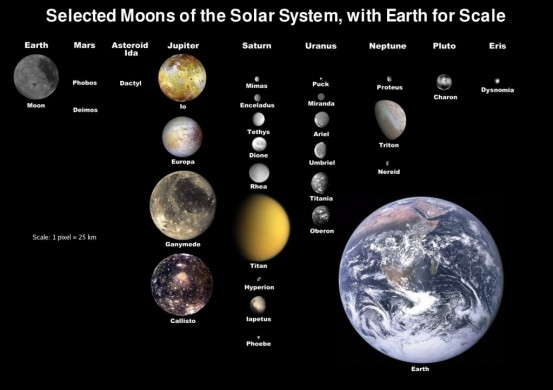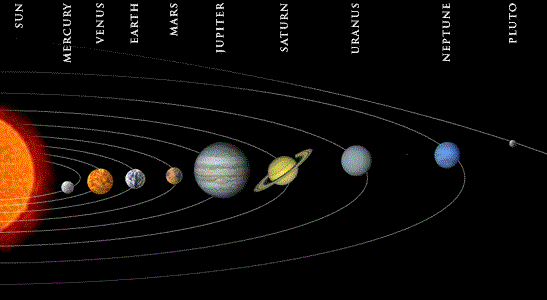Contrary to popular opinion, planets should not form from the mutual gravitational attraction of particles orbiting the sun. Orbiting particles are much more likely to be scattered or expelled by their gravitational interactions than they are to be pulled together. Experiments have shown that colliding particles almost always fragment rather than stick together. Similar difficulties relate to a moon forming from particles orbiting a planet.
Despite these problems, let us assume that pebble-size to moon-size particles somehow evolved. Growing a planet by many small collisions will produce an almost nonspinning planet, because a spin imparted by impacts will be largely self-canceling. Yet all planets spin, some much more than others.
The more we explore and understand our solar system, the more reasons we have to acknowledge that it did not evolve, but was created.
The above document was taken from In the Beginning, 7th Ed., p.22 and quoted in A Closer Look At The Evidence by Richard & Tina Kleiss.
By the word of the LORD the heavens were made, and by the breath of His mouth all their host. (Psalm 33:6 NASV)
824


